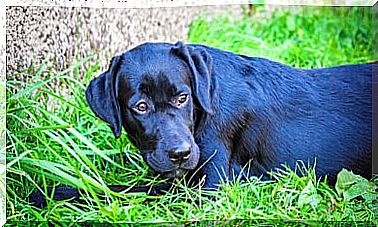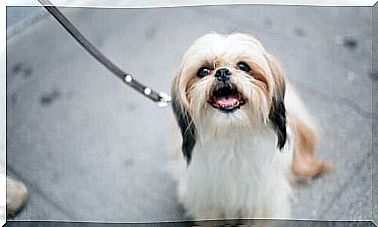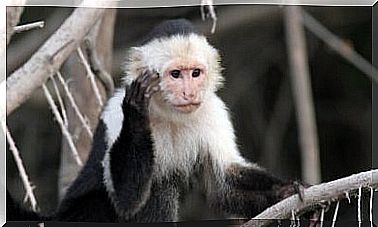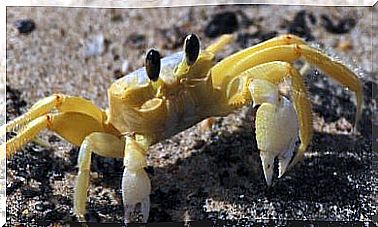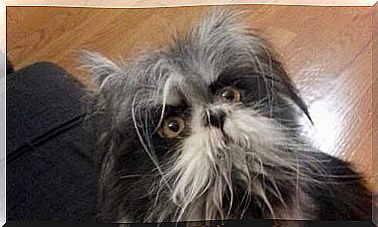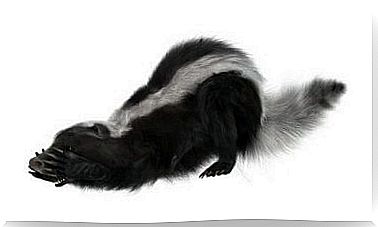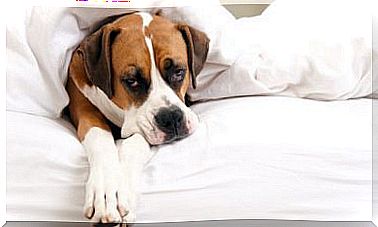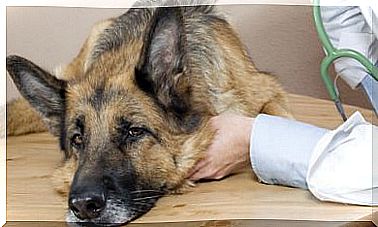Appropriate Treatment For Older Small Breed Dogs
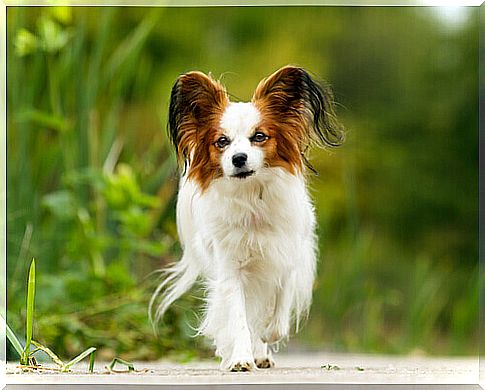
As they age, our beloved pets require more attention and care. Living with an elderly dog will involve different routines. Among many other things, we will have to adapt their diet, reduce the level of exercise and increase the frequency of visits to the veterinarian.
And, while each dog will reach old age at a different time – depending on their health, habits and diet – small breeds and crossbred animals are the ones that take longer to age and, therefore, tend to live longer.
Common Problems in Elderly Small Breed Dogs
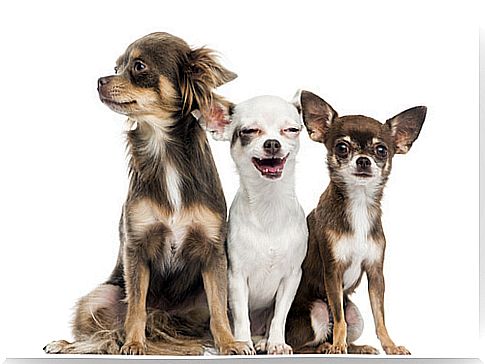
Small breed dogs are dogs weighing up to 10 kilos. Among the most popular breeds are the Fox Terrier, the Chihuahua, the Bichón, the Maltese, the Yorkshire Terrier and the Shih-tzu .
These animals are usually considered old from 10 years old and their life expectancy can reach 15 years or more.
But, regardless of size or breed, when dogs enter old age, they usually show different signs of physical and mental deterioration:
- Loss of mobility and agility due to bone and joint problems.
Fortunately, currently, there are anti-inflammatory and joint regenerative products that do not cause side effects and can be used in long-term therapies without causing inconveniences.
Take into account that some “toy” breeds, such as the Poodle or the Yorkshire , often develop back problems due to “parrot beaks” (osteophytosis) and herniated discs, as well as a dislocated knee with strained ligaments.
- Increased water consumption and frequency of urination, which can be signs of diabetes or kidney problems;
- Vision loss, usually from cataracts, and deafness;
- Behavior changes.
Elderly dogs that suffer from wear and tear of the central nervous system show a range of symptoms similar to those of humans with Alzheimer’s disease. Among them, disorientation, confusion, memory loss and personality changes.
At this stage, changes in social behavior can be observed, sleep disorders, which can be classified as dementia, characterized by a decrease in intellectual functions of an organic nature.
- Dental problems, from loss or breakage of teeth and gum problems.
How to Care for an Elderly Dog
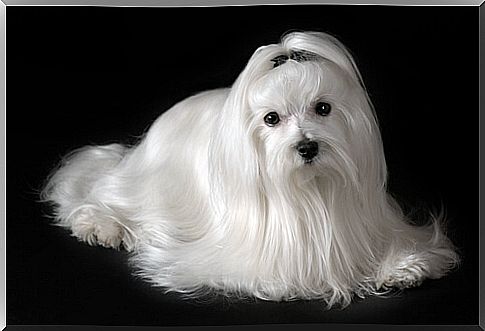
We’ll give you some details to improve the life of your little four-legged friend. With some patience and a lot of love, you can certainly make this stage of your life more comfortable and happy.
- Do not force him to exercise too much. Let him regulate his physical activity according to his possibilities. But make sure he doesn’t give up the habit of taking a good walk every day.
- Don’t forget to play with him or give him toys, to keep your friend’s mind always active.
- Avoid the stairs, especially if you have a Dachshund or sausage dog prone to intervertebral disc disease (DDIV).
- Try to make it move only on rough floors or rugs, to prevent slipping and its consequent stretching, twisting, etc.
- Provide a specific ration for your age and size. The veterinarian will certainly advise you on the best options. But know that there is food on the market for elderly dogs and small breeds, designed to take care of dental health, joint, intestinal and weight control.
- Consider that an elderly dog’s body works at a slower pace and that his physical activity will be reduced. A proper diet must have:
- Controlled levels of sodium and phosphorus to help your kidneys work properly;
- Highly digestible proteins;
- Balanced level of fiber, which favors the health of the digestive tract;
- Balance of minerals and omega 3 fatty acids to help strengthen your bones and joints.
- Let it consume vitamin C. Thus, it will delay brain wear, as it acts as an antioxidant. Some lipids (phosphatidylserine) can help keep neurons active.
- Offer him a soft bed. A padded surface will help keep your joints in good condition. Your dog should not sleep on the floor at all.
- Vaccinate and deworm as instructed by your veterinarian.
Remember that old age is just another stage of life, not an illness. Make your puppy go through this phase in the best way possible, with all the care he needs and all the pampering he deserves.
Frequent caresses will make your four-legged old man a very happy animal.
